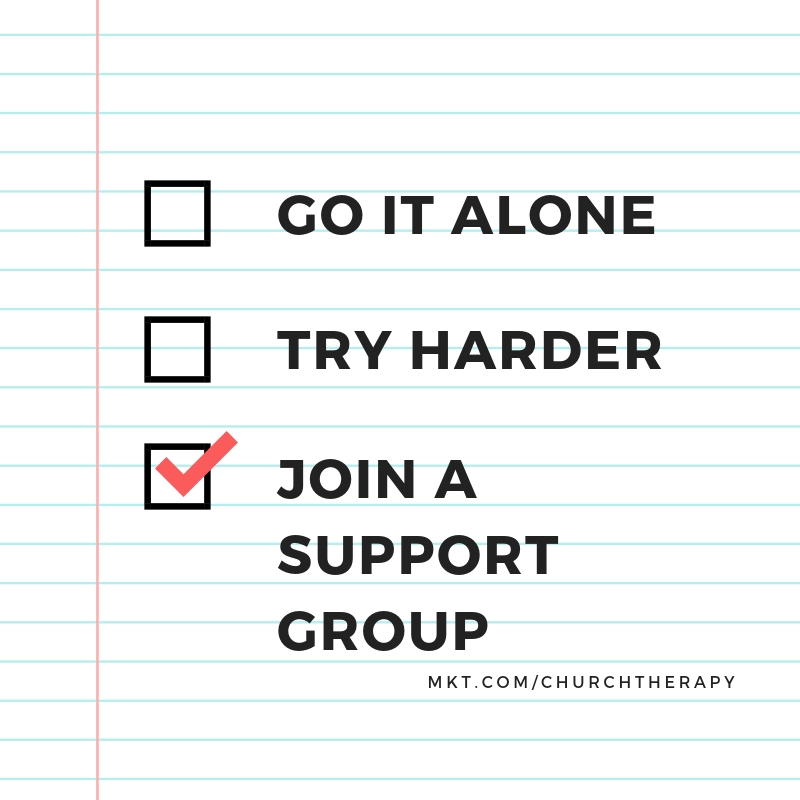Along with many of you, I was shocked and dismayed to hear of Jarrid Wilson’s death by suicide last week. Jarrid was an associate pastor and mental health advocate who was vocal about his own challenges with depression and suicidal thoughts. With his death, we have one less voice in the fight against stigma in the church.
I’ve been keeping an eye on the headlines to see how his death is portrayed. Most are helpful, some sadly equate suicide with an unpardonable sin, but one in particular causes me to pause. A USA Today headline: “Suicide of Prominent Pastor Jarrid Wilson Forces Church Leaders to Confront Mental Health.” No. Period. Full Stop. No. His death did not force us to confront an issue. Many have already been working to confront this issue (which the article details quite nicely). Jarrid was part of that work. We have a lot of work to do, but Jarrid’s death is not forcing us into doing it.
I react strongly to that in part because I have seen the ways that depression twists thoughts and causes people to believe that the world would be better with their death. I don’t know what Jarrid might have been thinking the night he died, but it is possible that he thought something like, “Nothing seems to be working. No one is paying attention. Maybe I can get them to listen more if they see what suicide is.” Again, I do not want to put any words into his mind that were not there. I simply raise it to say that leaders are at risk for thinking in that way when they are depressed. I’ve heard those kinds of words from others, and it’s a type of martyrdom that we need to reject outright.
Suicide is not advocacy work. We do not need tragedy to shine light on this issue. We need more voices, more workers in this fight, not fewer. Every death means we have one less person out there working to share their story or decrease stigma. We have one less person in our world to make a difference. For leaders, that is critically important. If we are going to do more to address pastors’ mental health in particular, we cannot endorse any lie that suggests suicide is an effective way to advance the cause. That lie just might kill someone else.
Check out my Twitter thread on this topic and join the conversation: https://twitter.com/ChurchTherapist/status/1173193467410964486









